The ‘history repeats itself’ paradox – part 1
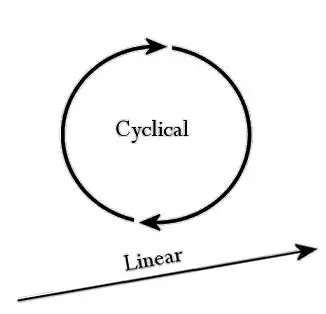

The ‘history repeats itself’ paradox – part 1
The popularized proverb ‘history repeats itself’ is somehow paradoxical. On the one hand, most if not all states in the world teach history in progressive terms (i.e. as linear); yet, majority of people actually believe that history repeats itself. How is that possible? We can put the question somewhat differently: If history repeats itself, we should be able to avoid the mistakes from the past; but we do not – and hence we say that history repeats itself. If this is the case, then how can we believe in a linear/progressive history?
This is quite a complex paradox, especially because there are many options in order to find a solution….
We should first note that there is no such thing as history in the ‘classical age’ (in Foucauldian terms – that is, pre-French Revolution era). The reason is quite simple. There are plenty historians that record events. In Ancient Greece already we have Herodotus (attempting a somewhat sociological study on different cultures) and Thucydides (attempting to record an event of the past). However, the study of history outside of mythology – as something pertaining to facts and objectivity – is quite absent. In fact, for the Greeks the term mythos was equivalent to history (there were nuances of course); and myths themselves were telling us a history of the state of affairs. Not only did they focus on mythology as we know – Titans and Gods; they also told stories of the origins of states, Ship of Theseus discussion previously being one of them. The meaning of objectivity thus plays a crucial role in history after the classical age.
By this standard, we should ask in what sense does history repeat itself objectively to facts…. And we suddenly have a different dilemma. If history should stay objective to facts, how is anybody to record it as a subject? It is strongly doubtful that such a point of objectivity is possible; but this does not preclude us from trying to understand historical facts objectively. The definition of objectivity, problematic as it is, for now, should be something that takes all currently known facts into account. But as Wittgenstein would remind us, the facts themselves are necessarily always present; however, the importance we attach to certain facts always change. In this case, there is no answer to the paradox – objectivity cannot be attained without a recourse to some subjective instance. At its least, that subjective instance would be something of a personal interpretation amounting to a necessary fragmentation of a given event.
There is another dilemma here: what kind of statement is this? Is the proverb meant to be understood in a descriptive or a normative sense? Do we aim at a change to history so it may never repeat itself; or do we merely state that historical repetition is unavoidable? The answer to these questions is also the answer to the paradox. Ultimately, the question we should ask is whether we write history or read it; and if we do not write it, in what sense should we read it?
There are a couple of prudent possibilities. The last thesis on Feuerbach by Marx is one of the more optimistic ones and directs us towards the writing of history:
“Philosophers have hitherto only interpreted the world in various ways; the point is to change it” (thesis 11).
Certainly, this has not only been a pretext to revolutions. There is a certain revolt against history itself as a repetitive loop. For Marx, it would seem, history did repeat itself in a descriptive sense, but it did not do so necessarily. There remained a level of contingency through which one would be able to adopt a normative stance against the descriptive one. One should acknowledge here that regardless of the post-WWII critique against Marx, his aims remain obscure to most readers (and there are undeservedly very few of them! – though there in proportion too many critics).
Less optimistic is Hegel, who actually introduces history into philosophy (one could argue that he is the first to write a history of philosophy):
“But what experience and history teach is this, – that peoples and governments never have learned anything from history, or acted on principles deduced from it.” (section Pragmatical History, in Lectures on the Philosophy of History).
We should note here that it is not clear whether this over-quoted passage is indeed Hegel’s position on history in general, or whether it pertains to the use of history by ‘pragmatics’. The tone of the Philosophy of History does have a certain optimism in that philosophic history tends to find the guiding lines and principles which are found in other types of history (e.g. for Hegel reason to be the guiding history through which the citation above can be understood as ‘history does repeat itself in that we use reason to an ever greater extent’; or for Marx historical materialism, see especially the section ‘Warnings against misuse’).
Another interesting point is raised by Nietzsche in his On the Use and Abuse of History for Life (this is a difficult translation to read, though it does have some originality to it; then again it is free. I have this version from [amazon asin=0521639875&text=Amazon] in my library – not free, but an authoritative translation and you get other texts with it.1 On the following pages you can find the German edition (Ueber Wahrheit und Lüge im aussermoralischen Sinne, part1 and part 2):
“if people dance around a half-understood monument of some great past or other, like truly zealous idolaters, as if they wanted to state: ‘See, this is the true and real culture. Why concern yourself with those who are transforming themselves and wanting something new!’ . . . For the creative person always stands at a disadvantage with respect to someone who merely looks on and does not put his own hands to work, just as, for example, the political know-it-all has always been wiser, more just, and more considerate than the ruling statesman.” (from part 2).
Nietzsche’s point is remarkably simple (and it usually is, though never simplistic): history for and by itself has little purpose. In fact, it can be quite dangerous. Instead, knowledge of history should have some affirmative outcome: what we should look for in history is something that enables us to live in a creative way. That is, not simply life as a biological existence, but life that is active (he calls it ‘enhanced praxis’ somewhere – something that Arendt builds in her phenomenology under the term action, cf. [amazon asin=0226025985&text=The Human Condition]). It should be said though that for Nietzsche history does repeat itself (or at least some scholars say so, personally I am not fully convinced). I will leave this comment for another post.
So back to our paradox and preliminary thoughts on the matter. The proverb itself ran out of fashion already in the nineteenth century. Not surprising, of course, seeing the great economic progresses thanks to the many waves of the Industrial Revolution. It is interesting though that our recent digital revolution has a similar effect, whereas the post-WWII generation was more gloomy and understandably had a much bleaker view on historical repetition.
- I think the Cambridge editions are better than Kaufmann’s for the main reason that they do not sacrifice the depth of the text for the fluidity of reading. Nietzsche was certainly a master of language, so you should try to read some parts in German as well, just to grasp the use of language if nothing else. But failing that, reading both Kaufmann translations (for the fluidity of the text, play with words, etc.) as well as the Cambridge translations, and in particular those of Hollingdale (for the philosophical depth). Then again, this certainly depends on the reader – some friends of mine can’t stand Hollingdale.

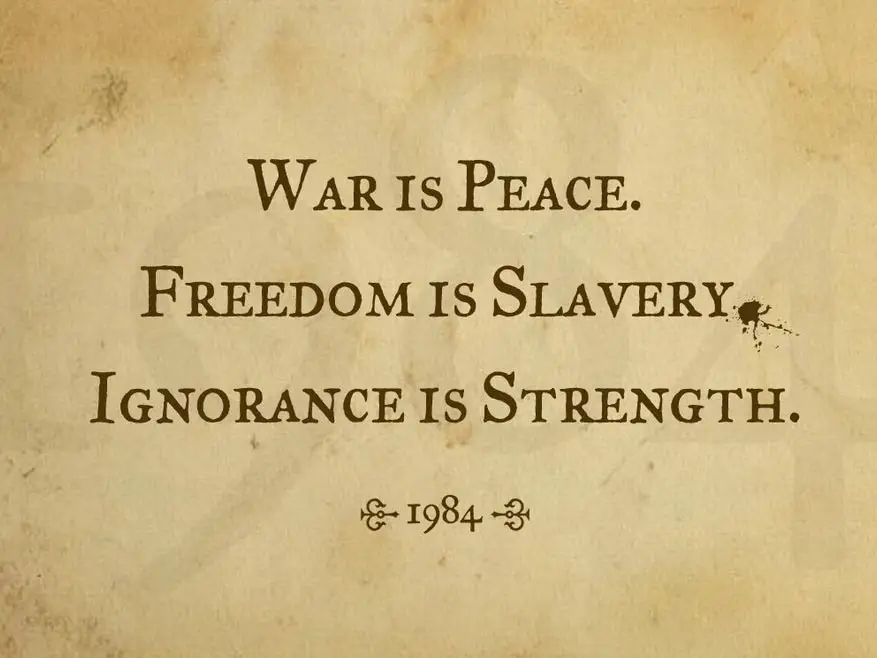



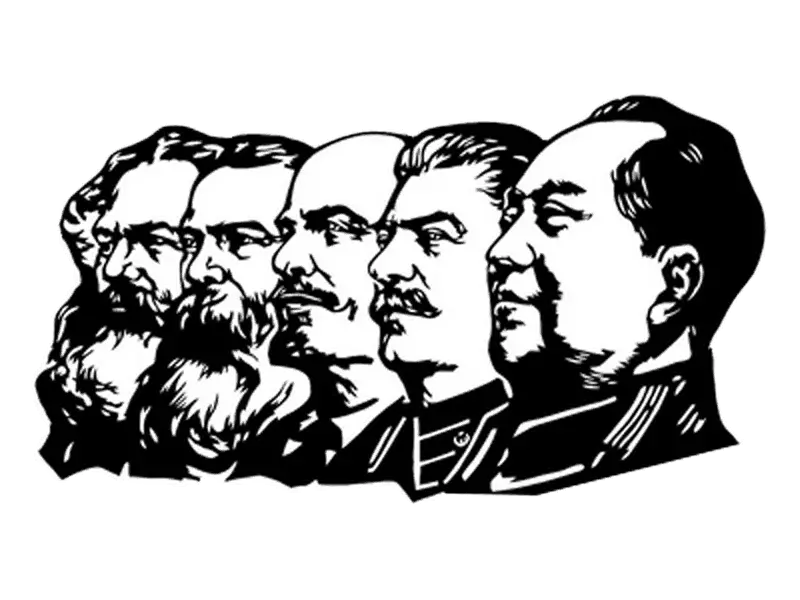
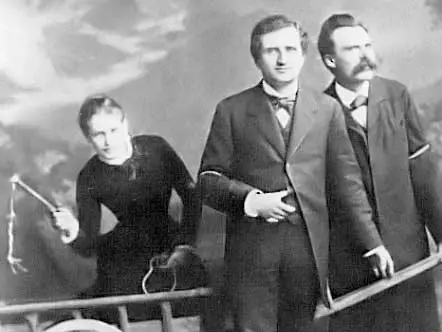
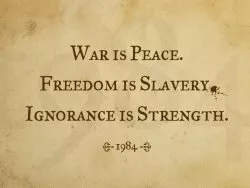

1 Response
[…] for the purpose of understanding, or to create an idol in order to revere or be in awe of. History should always serve a purpose of living! Unfortunately, this is not the case. We cling to the Holocaust for all the wrong […]